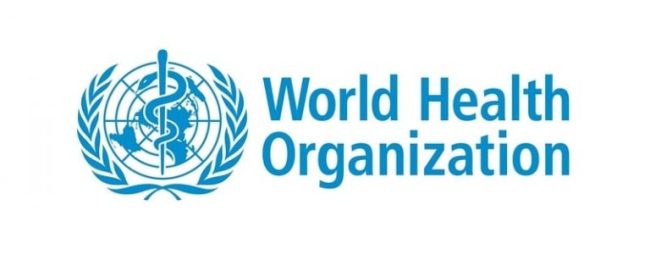The World Health Organization (WHO) and its partners will call on global leaders to address critical health challenges and invest in public health during the high-level week of the 79th United Nations General Assembly (UNGA79), taking place in New York from September 20 to 30, 2024.
A key focus will be the second High-Level Meeting on Antimicrobial Resistance (AMR) on September 26, 2024, which is the main health-centered event of the week.
Antimicrobial resistance (AMR) arises when bacteria, viruses, fungi, and parasites no longer respond to medications, rendering infections harder to treat and resulting in prolonged illness and increased mortality.
The WHO has warned that without urgent action, AMR will continue to inflict immense suffering globally, particularly in low- and middle-income countries.
The final draft of the political declaration for the meeting, co-facilitated by Malta and Barbados, calls for immediate and coordinated global efforts to curb this growing threat. The first high-level meeting on AMR was held in 2016.
“Antimicrobial resistance threatens to erase a century of medical progress, potentially returning us to a pre-antibiotic era where today’s treatable infections could become fatal,” said WHO Director-General Dr. Tedros Adhanom Ghebreyesus. He stressed that this is a threat to all nations, irrespective of income levels, requiring a robust, coordinated global response.
The timing of UNGA79 is critical as the world continues to recover from the COVID-19 pandemic while striving to meet the 2030 Sustainable Development Goals (SDGs).
Health targets, especially universal health coverage, remain off track, worsened by ongoing crises such as climate change, humanitarian emergencies, and socio-economic challenges.
Millions of people still lack access to essential health services, underscoring the link between health and sustainable development.
The Summit of the Future, scheduled for September 22-23, will also bring world leaders together to forge a consensus on how to address current challenges and secure a better future.
The summit aims to reinforce the importance of scientific decision-making, advance the SDGs, and promote equitable access to health services.
Leaders are expected to endorse the Pact for the Future, which includes a Global Digital Compact and a Declaration on Future Generations.
Throughout the week, WHO will engage in various official and informal health-related events covering topics such as digital health, maternal and child health, communicable and non-communicable diseases, mental health, and the intersection of health and climate change.
There will also be a strong focus on pandemic preparedness and achieving Universal Health Coverage.
“Strong health systems, equitable access to services, and preparedness for future pandemics are crucial for a healthier, safer world,” said Dr. Tedros.
He highlighted the need for digital technologies to improve access to health services and build resilient systems capable of addressing multiple health crises, from pandemics to climate change and non-communicable diseases.
The 79th UNGA coincides with WHO’s first Investment Round, part of ongoing efforts to secure sustainable financing for the organization’s core work from 2025-2028. On September 23, Dr Tedros will join European Investment Bank President Nadia Calviño for a live-streamed conversation on the critical need for investment in primary healthcare, especially in a world facing increased health shocks.
Later, the European Investment Bank and WHO will co-host a high-level roundtable as part of the Health Impact Investment Platform, focusing on boosting vaccination rates and strengthening community-based healthcare.
On September 24, WHO will convene the Third Annual Gathering of Heads of State and Government focused on preventing and controlling Noncommunicable Diseases (NCDs).
This event is designed to catalyze high-level government commitment ahead of the UNGA meeting on NCDs and Mental Health scheduled for 2025.
Additionally, WHO will be actively involved in Climate Week NYC from September 22-29, 2024, engaging world leaders, businesses, and activists to find solutions to urgent climate challenges. WHO will ensure the health impacts of climate change, such as the rise of infectious diseases, respiratory illnesses, and malnutrition, are central to global discussions.
As the global health community gathers, WHO will also participate in ongoing negotiations for a new international pandemic preparedness and response framework, seeking to ensure that future responses are better coordinated and more effective.


